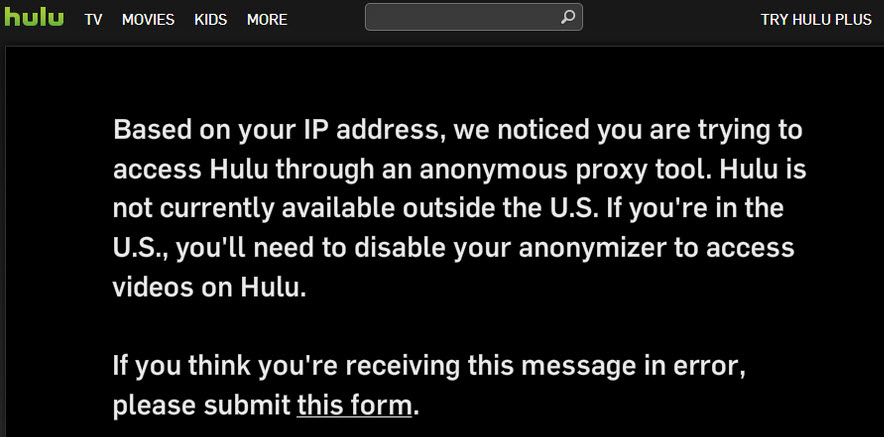Last Updated on October 27, 2023
In the battle to circumvent blocks, filtering and censorship – Smart DNS technology was like a breath of fresh air. It catered for people who didn’t care about security and encryption – they were just concerned that the USA version of Netflix was much better than theirs or they desperately wanted to watch the latest version of Dr Who on the BBC online. Both situations were restricted depending on your location, to watch the vastly superior US version of Netflix you had to physically be in the US and to use the BBC iPlayer you needed to be in the United Kingdom.
Clearly all couldn’t be true, and slowly we’ve all got used to being blocked and redirected depending on our location. Of course, we could all use VPNs and sometimes even proxies worked but these are expensive to run especially fast ones. Imagine the costs of thousands of people streaming video all across the world – the hardware and bandwidth requirements are substantial. Decent VPN servers cost a lot to run and hence the subscriptions had to reflect this, people tried to piggyback free servers across the world but these are generally hacked or illegal servers which carried substantial risk to your personal data.
Smart DNS threatened to change this, instead of relaying your entire connection through a server in the required country it merely redirected a few packets to fool the geotargeting of the target server. When you connected to Netflix – Smart DNS could fool the server into thinking you were in the UK, US, Australia or Japan with only a few misdirected packets of location data. This meant it was fast, and secondly it was also much cheaper as the bandwidth costs of the Smart DNS supplier were much smaller.
All looked great but, the warnings have been there for some time that Smart DNS might not be so future proof. Firstly it stopped working on many different media devices like the Chromecast or Roku where mysteriously the applications started to enforce public DNS servers. This meant that you could no longer specify your own DNS settings which effectively stopped you using Smart DNS. This caused problems however, particularly with speed where millions of devices where suddenly using public DNS servers like Google’s 8.8.8.8 server presumably without financial compensation, this issue slowly disappeared.
There’s no doubt though particularly for media companies like Netflix and Hulu, Smart DNS are in their targets. Yesterday I tried my two Smart DNS accounts to try and get access to the Japanese version of Netflix (which has some great movies on it), all my attempts failed with the simple message – ‘blocked’ despite having worked fine the day before. Specific IP addresses are simply being blocked from accessing the Netflix and Hulu services, it’s blunt and unsophisticated but it works.
The reality is that these global media providers are coming under increased pressure from the movies companies to block the use of circumvention particularly Smart DNS. The reality is that it costs them money if they receive a fee for licensing the movie in a particular country and then millions of people end up watch it all over the world.
Of course they can do this with VPN and proxy servers, simply block access from specific IP addresses. Which is why it looks like staying low key and using a more discrete service is a sensible option. Some of these bigger VPN companies market very aggressively and directly promote specific TV stations, sporting events and TV channels in their advertising. This makes them instant and high profile target for IP blocking, it’s probably best to avoid these companies – particularly for long subscriptions.
Identity Cloaker, is certainly worth a look – marketed only as a security product it’s been working for many years by deliberately keeping a low profile. Is it the end of Smart DNS? Well in some ways it’s more vulnerable than VPNs but only time will tell if it lives on.


